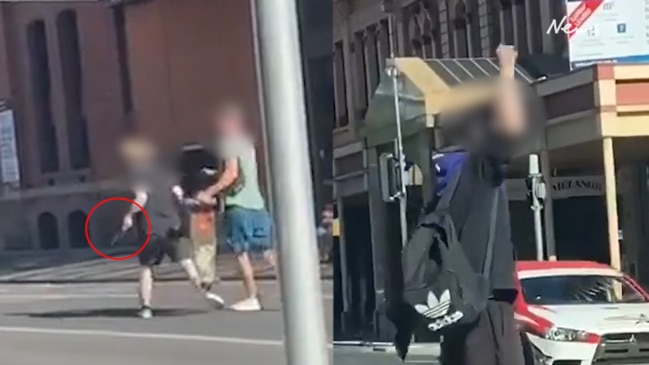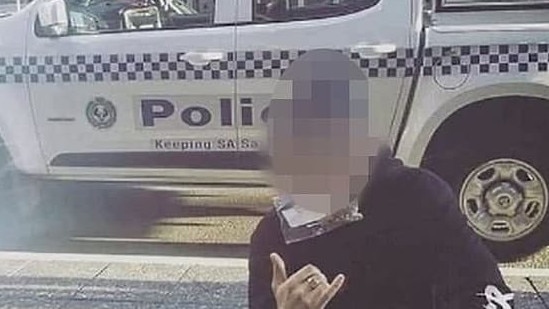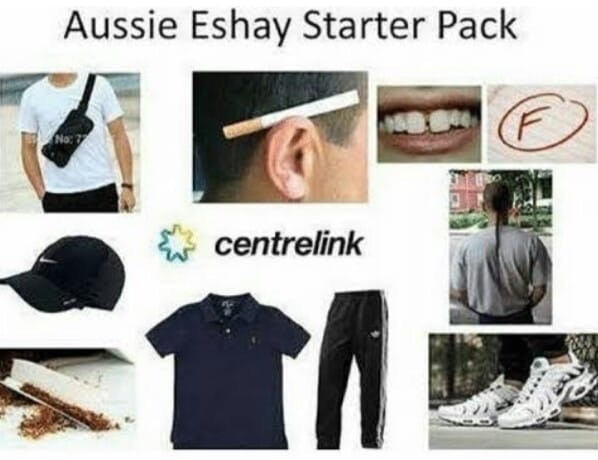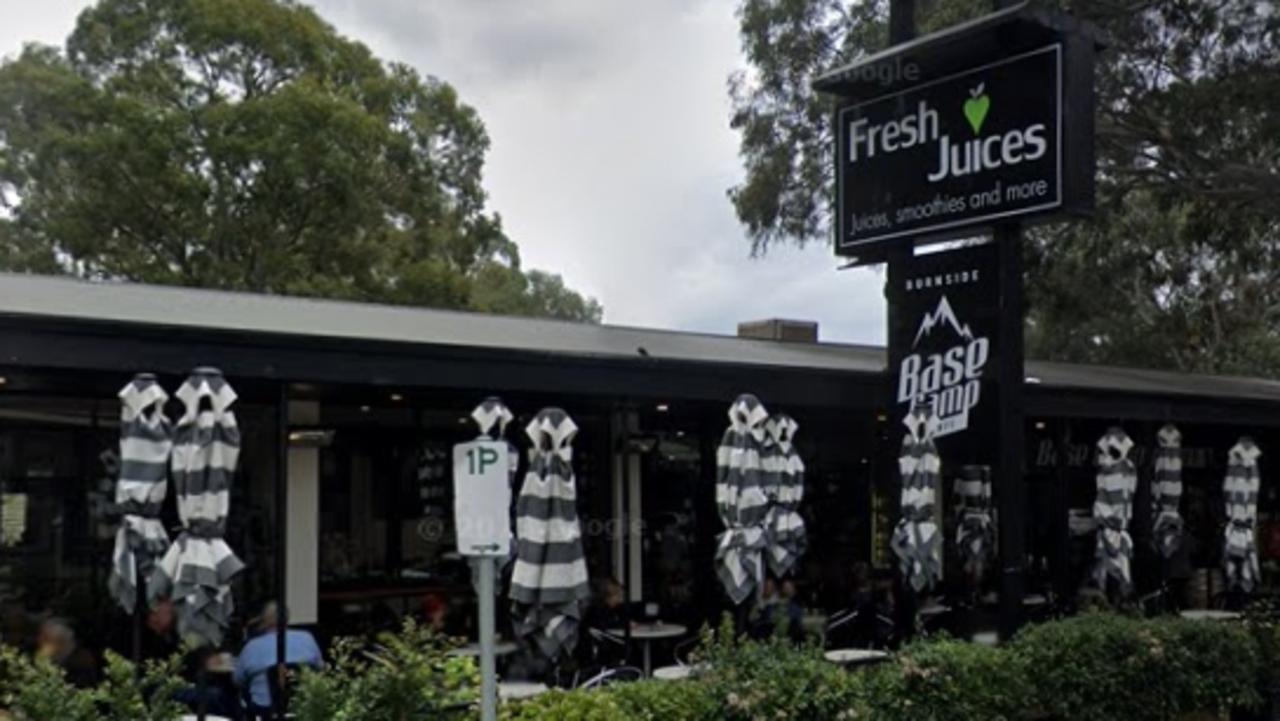Wannabe teen gangsters: SA’s eshay culture, what it is and why they are committing crimes
Their creed is “f*** the system” – but who are the wannabe teen gangsters who menace other youths, deal drugs and then brag about it on social media?

SA News
Don't miss out on the headlines from SA News. Followed categories will be added to My News.
Wannabe teen gangsters known as eshays are wreaking havoc on the streets of Adelaide, committing “mindless crimes,” as their way to say “f*** the system.”
The term eshay first originated in the 1980s to describe lower-class youths in public housing who intimidate, rob and deal drugs.
Emeritus Professor at the University of South Australia Rick Sarre said eshays are generally teenagers who have become disengaged from society.
“If you disengage you just want to be noticed, as someone who says ‘f the system’ … and who says we just want to let you know that we don’t want to conform to your expectations of us – it’s kind of an ‘up yours’ approach to life,” he said.
“It’s almost kind of a ‘look at me,’ we can do what we like.”
The term eshay has become well established in Australia in recent years, influenced heavily by Aussie hip hop in the early 2000s and given exposure via social media.
Also known as lads, eshays are most easily identified by their uniform of designer and sportswear labels, bum bags they wear over their shoulders and their own pig Latin language.
They sometimes carry weapons and use crime to fund their drug use, often videoing and posting their antics on TikTok or other social media channels.
Eshays also wear sportswear labels like Nike, Adidas and Ellesse and often like dark clothing.


Prof Sarre, who has 30 years of criminology experience, said eshays generally go along with a pack mentality and may commit crimes just to fit in with the group.
“You will often hear defence counsel say my client wasn’t the ring leader, he or she was just going along because they were part of the gang and it’s just what they were doing,” he said.
According to the Australian Bureau of Statistics, offenders aged between 10 and 17 years made up 8 per cent of all offenders in South Australia in 2019–20, with a total of 2782 youth offenders.
One in five youth offenders were committed offences intended to cause injury.
A 16-year-old girl with a history of violent crime, who was most recently accused of breaking a woman’s jaw during a carjacking, was released on bail last month.
The teenager, who cannot be named for legal reasons, and another girl allegedly attacked a 40-year-old woman at the Elizabeth shopping centre, north of the Adelaide CBD, in September last year.
They made off in the victim’s car, police said, which was later found torched at the North Haven Football Club.
Last August, the teenager was handed a suspended sentence for bashing a girl at a suburban McDonald’s, then violently carjacking a taxi driver.
Outside court, her father apologised to his daughter’s latest alleged victim but said she was growing up.
“Juveniles are f***ing juveniles,” he told reporters.

Prof Sarre said eshays generally act out the way they do as a result of not receiving proper support or education and become angry at society as a result.
“Typically kids who are disengaged are coming from families who have been typically disengaged – this is a generational thing,” he said.
“Most of these kids who are coming into those eshay groups are feeling like they just want to smash things up.”
Prof Sarre said typically eshays commit “street crimes” including minor assaults, theft and vandalism, which is generally a “cry for attention”.
“We're noticing youth alcohol levels are dropping quite dramatically … they’d much rather get into a mind-bending drug,” he said.
“Unfortunately those sort of drugs do allow them to become warped in their recognition of what they’re doing and they engage in mindless crimes.”

Prof Sarre is the best way to reduce eshays committing crime is to keep them out of the system for as long as possible and to aid them with support programs.
“Anyone who says that the reason for these eshay groups acting out of control is because we are simply giving them some sort of kid-glove approach in the youth court is ignoring the fact that the kid-glove approach in the youth court is saving nine out of 10 of them,” he said.
Prof Sarre said despite it appearing that some eshay groups are running rampant in South Australia, crime rates are down and continuing in a downward trajectory.
“We’ve got a few eshay kids who are giving us the s****… but crime is the lowest it’s ever been,” he said.

A South Australia Police spokesperson said that police are aware of issues involving children or teenagers in Rundle Mall and other areas where youths congregate.
“Police regularly liaise with store owners and security and encourage them to report any encounters with the youths immediately,” the spokesperson said.
Anyone else who has experienced similar issues is encouraged to report it to police immediately on 131 444.
More Coverage
Originally published as Wannabe teen gangsters: SA’s eshay culture, what it is and why they are committing crimes



